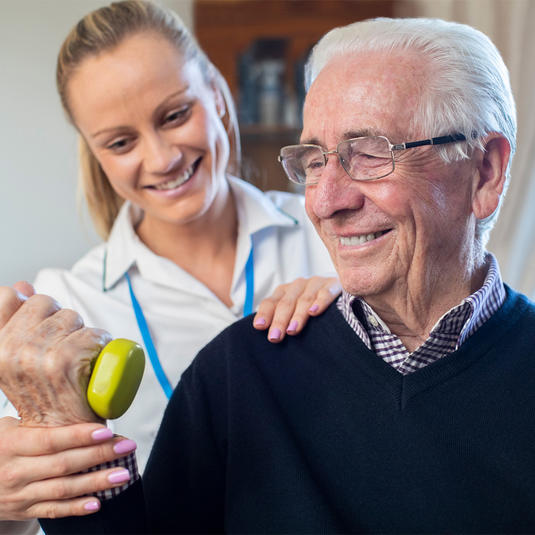Mild Brain Injury Program
The Mild Brain Injury Program is designed to rehabilitate individuals who have sustained a recent brain injury or to work with those whose longstanding MBI-related symptoms have not resolved. Best outcomes occur when MBI is treated immediately, clear information is provided and consistent follow-up services are offered. However, for those who have not received such care and have lingering symptoms, much can be done to improve their daily functioning.
Our comprehensive, coordinated treatment approach utilizes a team of rehabilitation experts, ensuring the best in MBI treatment. We encourage those who have experienced brain injury to contact us with any questions about these programs and to use us as a resource in making medical decision making.


